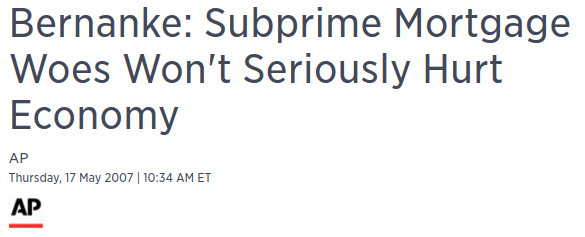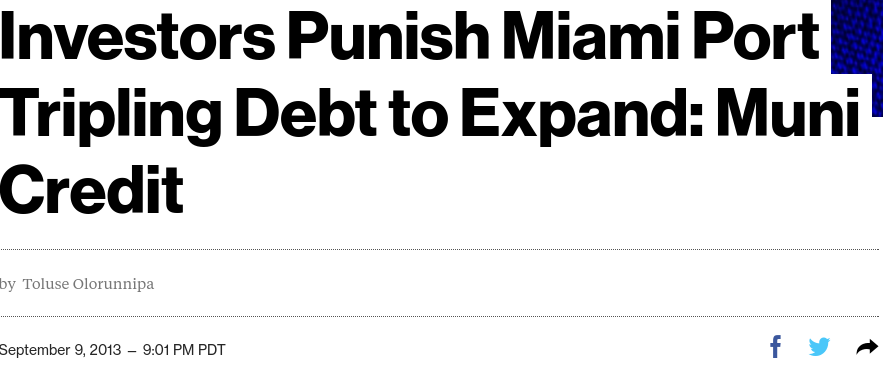Or just a blip on the radar? However history remembers Hanjin’s bankruptcy, the parallels are worth considering.
Disclaimer: this is just a fun speculative exercise. This is not a prediction nor a prognostication. You can see my other Hanjin post here.
Some industry commentators surprisingly point to conspiracy theory, which I seriously doubt. In the end, this is likely a conclusion the container shipping industry just simply deserves.
Could the financial industry’s notorious crisis, ten years prior, be a reasonable comparison? They are both very important pieces of the global economy, after all. Let’s have some fun with questions and headlines. First:
Debt-fueled expansion with questionable fundamentals?
Then:
Now:
Forced consolidation between strange bedfellows?
Then:
Now:
A major industry player allowed to slip away?
Then:
Now:
Tongue-in-cheek comparisons aside, the next few weeks are going to be very interesting. Let’s just hope Hanjin’s bankruptcy is indeed a blip and container lines are on the road to recovery.

















